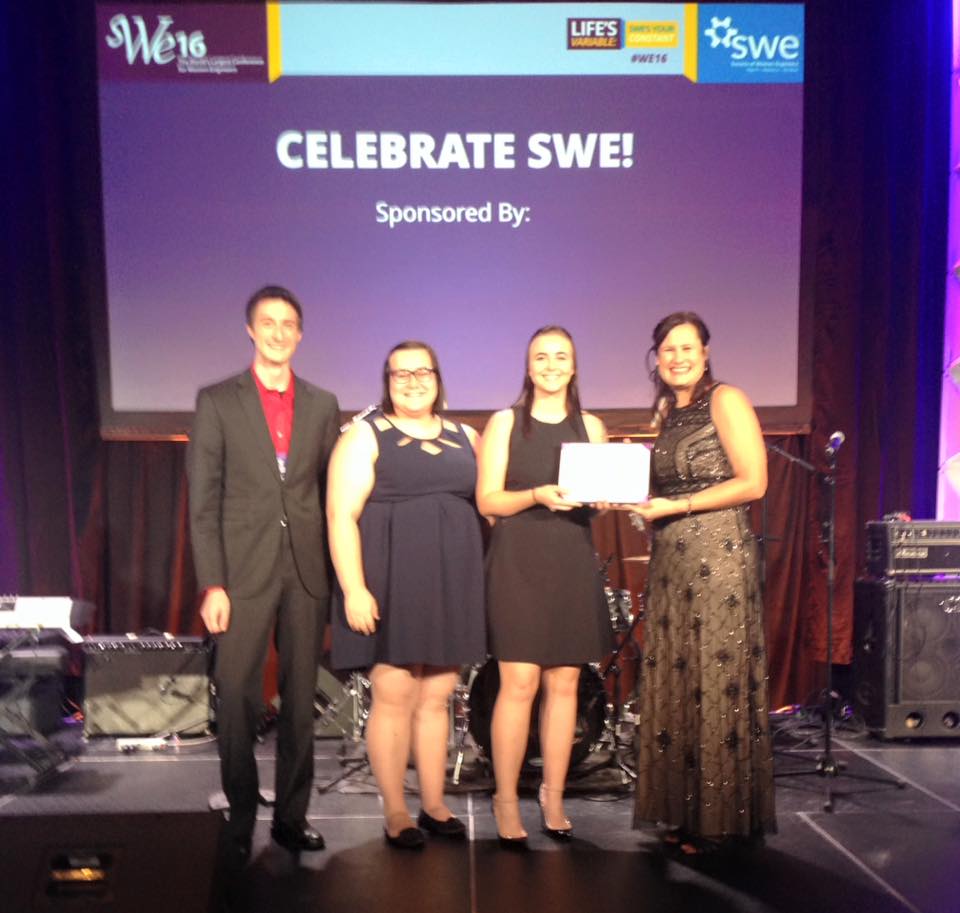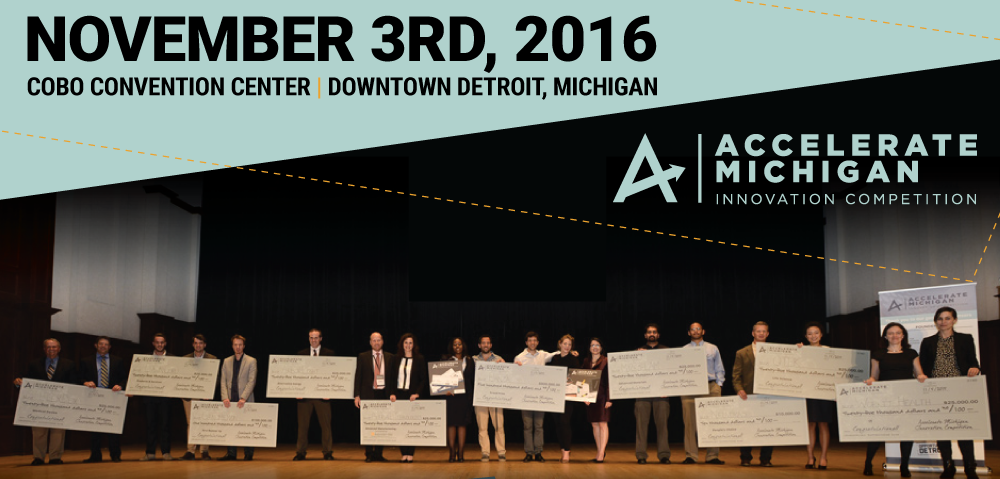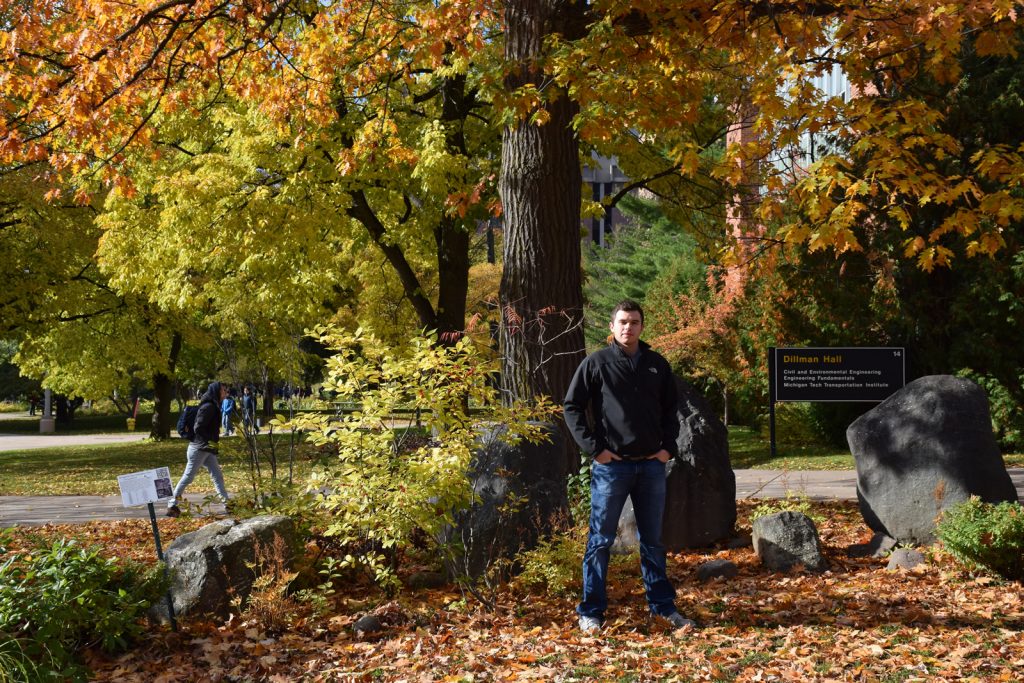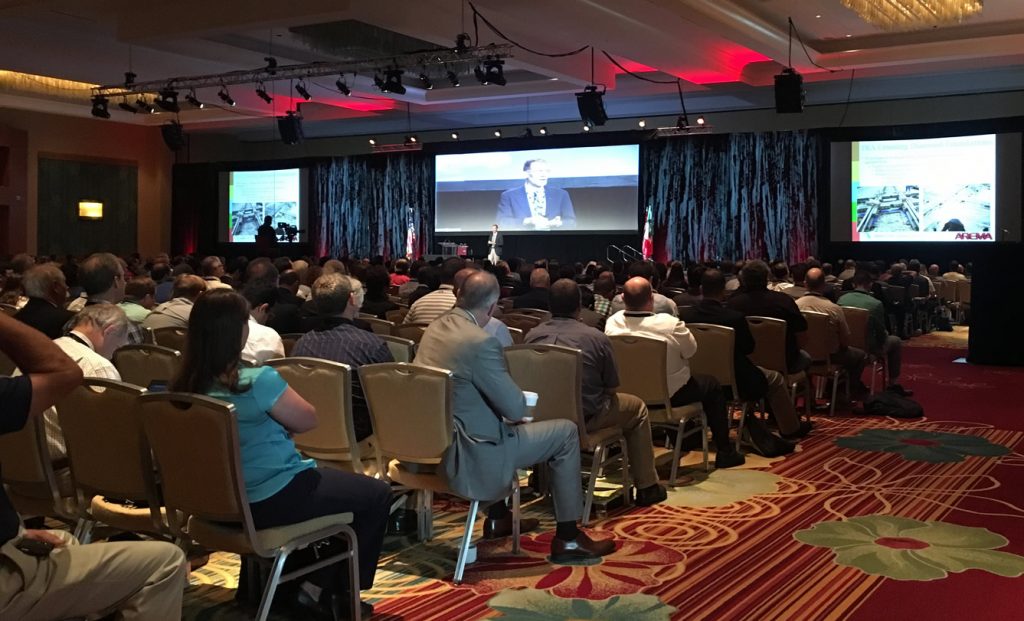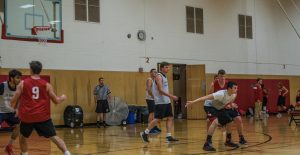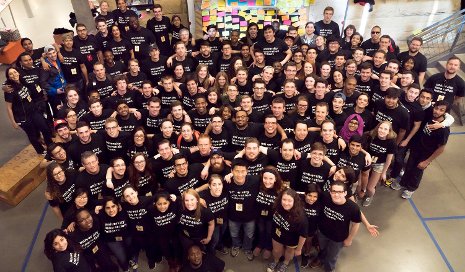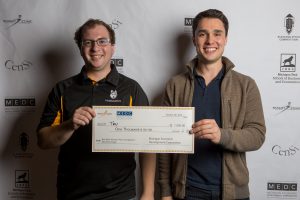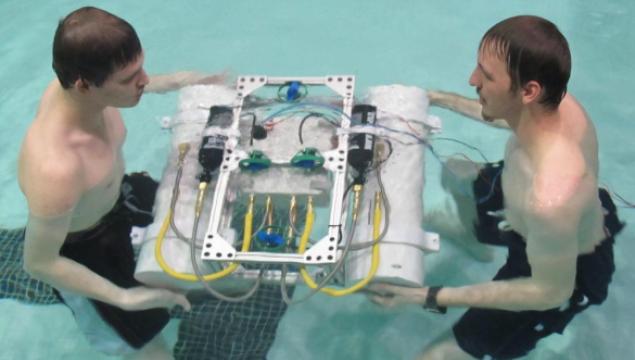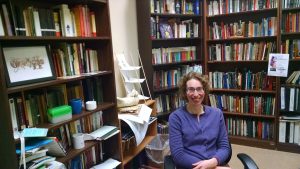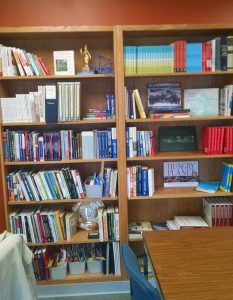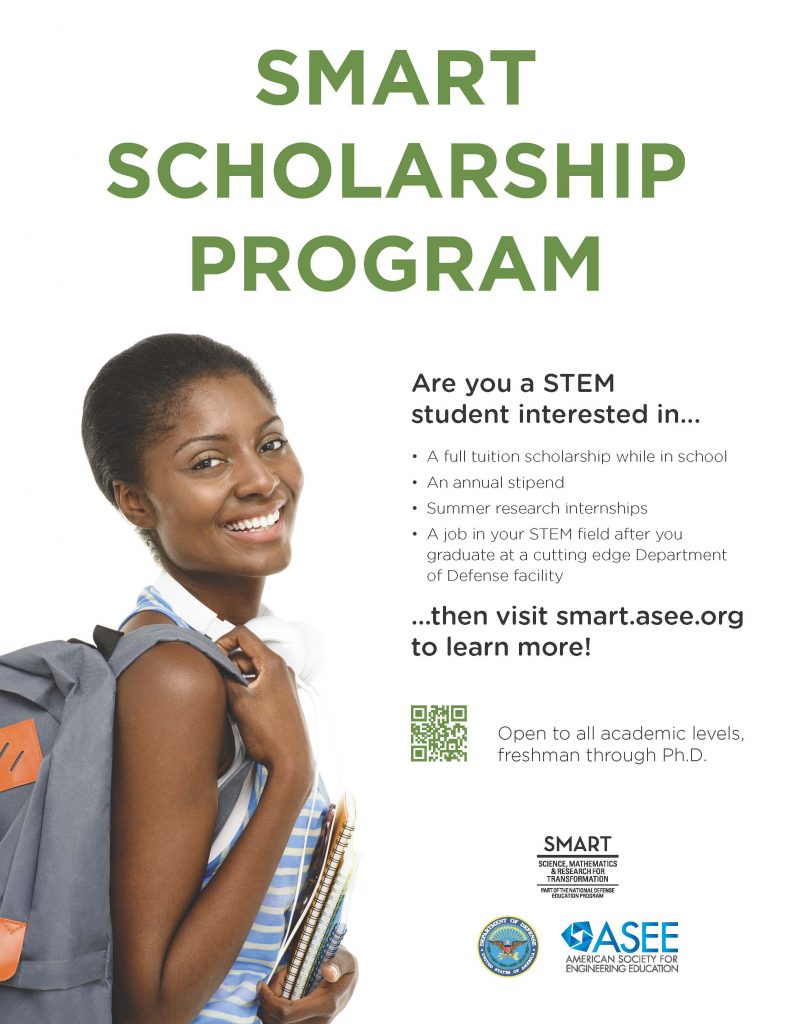In recognition of International Education Week, Michigan Tech is screening the critically acclaimed documentary, “He Named me Malala,” at 5:30 p.m. Friday, Nov. 11 in Fisher 135. A reflection discussion will follow the film. Admission is free.
The film is an intimate portrait of Nobel Peace Prize Laureate Malala Yousafzai, who was targeted by the Taliban and severely wounded by a gunshot when returning home on her school bus in Pakistan’s Swat Valley. She miraculously survived and is now a leading campaigner for girls’ education globally as co-founder of the Malala Fund.
The event is sponsored by Michigan Tech Provost Office, International Programs and Services and Michigan Tech Film Board.



